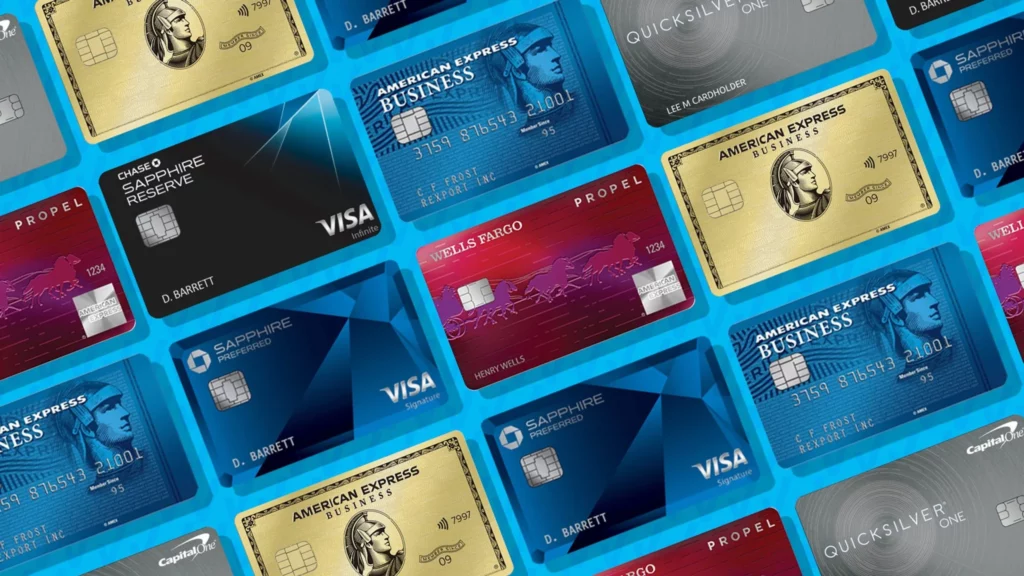Introduction: The Role of Business Credit Cards
In the realm of corporate finance, business credit cards have emerged as powerful tools for managing expenses, streamlining payments, and even earning rewards. Offering flexibility, easy expense tracking, and often lucrative reward schemes, these cards are indispensable for many companies, ranging from startups to large corporations.
Features of Business Credit Cards
Unlike personal credit cards, business cards are tailored to cater to corporate needs. They often come with higher credit limits, allowing companies to manage larger expenses. Many offer itemized statements, simplifying expense tracking and tax preparation. Some even provide employee cards with customizable spending limits, ensuring greater control over company expenditures.
Rewards and Bonuses
One of the major attractions of business credit cards is their rewards systems. Many cards offer cash back, points, or miles for every dollar spent. These rewards can be particularly lucrative for businesses with high monthly expenses, providing significant savings or perks over time. Additionally, many cards offer sign-up bonuses, giving businesses a head start in accumulating rewards.
Top Three Business Credit Card Brands
In the competitive world of business credit cards, three brands consistently outshine their competitors: American Express, Chase, and Capital One. American Express’s Business Platinum Card is renowned for its unparalleled travel benefits, generous reward rates, and extensive global acceptance, making it a favorite for international enterprises. Chase, with its Ink Business series, offers flexibility in rewards and a suite of tools tailored for business expense management, striking a balance between perks and practicality. Meanwhile, Capital One’s Spark Business lineup caters to both large corporations and smaller startups, offering competitive cash-back rates and straightforward redemption options. These brands, with their diverse offerings, cater to a wide array of business needs, solidifying their positions at the pinnacle of the business credit card market.
The Importance of APR and Fees
While rewards and features are attractive, it’s essential to consider the card’s cost. Annual Percentage Rate (APR) represents the interest you’ll pay if you carry a balance. While some cards offer introductory 0% APR periods, it’s crucial to know the regular APR, especially if you anticipate carrying a balance. Similarly, understanding annual fees, transaction fees, and other charges is vital to ensure the card is cost-effective for your business.
Cash Back Business Cards
Cash back cards are popular among businesses because they offer straightforward rewards – a percentage back on your purchases. For businesses with diverse spending patterns that don’t fit specific categories, a flat-rate cash back card can be a great choice, ensuring consistent returns regardless of where the money is spent.
Travel Rewards Business Cards
For companies that often send employees on business trips, travel rewards cards can offer substantial value. These cards typically provide points or miles for every dollar spent, which can be redeemed for flights, hotel stays, or other travel-related expenses. They might also include additional perks like airport lounge access, travel insurance, and no foreign transaction fees.
Cards Tailored for Startups
The startup ecosystem has its own set of financial challenges, prompting some credit card companies to design products specifically for this segment. These cards might offer extended 0% APR periods, higher initial credit limits based on projected sales, or rewards that cater to typical startup expenses, like software subscriptions or advertising.
Safety and Security Features
In an era of increasing cyber threats, the security features of a credit card cannot be overlooked. Most business credit cards come with enhanced fraud protection, ensuring that businesses aren’t held liable for unauthorized transactions. Additionally, features like virtual card numbers for online transactions, real-time purchase alerts, and the ability to lock or unlock the card instantly add layers of security.
Conclusion: Choosing the Right Card for Your Business
The best business credit card is subjective and heavily depends on the company’s specific needs, spending patterns, and financial goals. While rewards and features are enticing, understanding the associated costs, security features, and how a card aligns with your business’s operations is essential. Taking the time to assess various options and consulting financial advisors can ensure you select the perfect card to empower your business’s financial journey.

